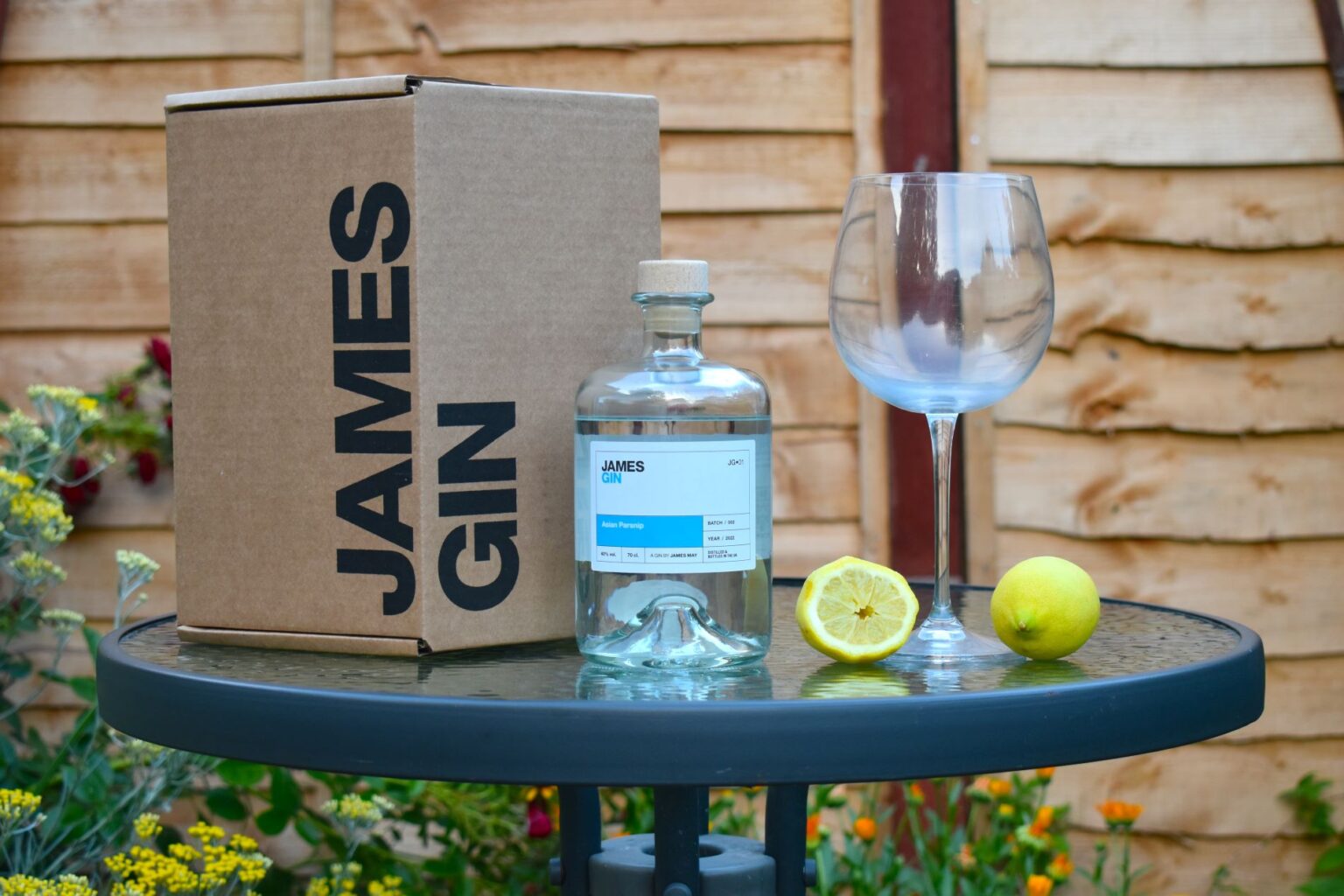Forget the Hollywood Walk of Fame; the new landmark that every A-Lister wants their name on is the spirits aisle in Tesco. So long as they can find the space to squeeze their ozempic-ified figures onto the market, that is.
There are so many celebrity-backed alcohol brands that it’s probably easier to list those who haven’t dipped their toe in a distillery unit. Last week, Rebekah Vardy launched a skittles vodka brand, while podcaster Alex Cooper filed a trademark for her own white spirit. James May’s gin brand also released a limited edition of horseradish gin over the weekend.
Perhaps the hottest newcomer, though, is Beyoncé’s whiskey, SirDavis. Reportedly, it was founded by the singer after she was drawn to the “power and confidence I feel when drinking quality whiskey” — which, by the same logic, qualifies me to be the next CEO of Greggs, thanks to the power and confidence I feel when eating four quality sausage rolls.
PRs no longer seem to care about these watered down links between their celebrity client and the spirits sector, however. At this point I think the right marketing manager could do a convincing sell for a rum backed by Mother Teresa (look for Holy Spirit on your shelf soon).
That’s apparent by the many alcohol-free drinks brands started by teetotallers, such as singer Zayn Malik or Spiderman himself, Tom Holland. Both have spoken about their difficult relationships with ethanol (a refreshing level of honesty that should be applauded). But pouring millions into a red carpet release party is hardly the natural reaction to going sober.
We can’t blame this new star-studded supermarket cast for feeding demand. It’s clear that the A-List appeal does help businesses to outperform in the booze category. In 2023, celebrity whiskies grew 8% by volume, compared to 2% for ‘civilian’ products. In the same year, celebrity rums grew by 11%, majorly outperforming a category that declined by 4%.
Still, it’s jarring that these newcomers can jump ahead in the queue simply by whispering a famous name, while so many small drink brands are struggling to get noticed.
Take Jubel, a challenger peach-infused lager we nominated for the Startups 100 Marketing award. For almost a year, founder Jesse Wilson visited 20 pubs per day to try to get them to stock Jubel, and spent his evenings and weekends running sampling sessions.
Those efforts have paid off. Jubel became the best-selling beer in Sainsbury’s in three years. But can you imagine Jeremy Clarkson doing the same to secure his 44 pub supply partners for Hawkstone beer? Years of effort for Wilson amounts to a subplot for Clarkson’s Farm, (alongside opening a loss-making pub) with all risk covered by Amazon Prime Video.
It’s doubly irritating because startups like Jubel are also where the genuine innovation is at. Take Drop Bear Beer, a B-Corp that’s also the world’s first all-female and LGBTQ+ founded alcohol-free brewery. And the alcohol-free IMPOSSIBREW, which has invented an entirely original blend of ingredients that can give you the buzz of booze, without the hangover.
Both firms were founded by entrepreneurs with years of experience in the sector, whereas many celebrity bottles range from glorified endorsement, to plain embarrassment (think Nigel Farage’s gin which he described as “the taste of Brexit”). And, thanks to breathless reviews from starry-eyed journos, these shame-faced efforts often go without scrutiny.
Here’s where harm can be done. Celebs like Dwayne Johnson and Kendall Jenner, who have made millions from their ‘authentic’ Hollywood hooch, have made it harder for smaller firms with real mission statements to escape the narrative that it’s all just a quick cash grab.
Yorkshire-based tequila company Sphynx found this out when its founders first tried to find a distiller in Mexico. Cofounder, Sukhvinder Jaheed told us, “The attitude was ‘it’s just another tequila going West’ – it was very challenging to find real, authentic generational makers.”
That said, some celebrity brands are more authentic than others. Take Renais Spirits. Emma Watson is a founder but the actress really plays the role of investor. It’s a family business, and the brains behind the brand is actually Watson’s brother, Alex, who has worked in the drinks industry for a decade.
As well as being easier to swallow, Renais is more likely to stand the test of time. While a big name can generate buzz, it doesn’t always guarantee success. In 2023, volumes of celebrity-owned or backed gins declined by 1%, even as the wider gin category grew by 4%.
That’s because, despite what PR managers may think, consumers will still have the ultimate say in what star product deserves to top the drinks cabinet this holiday season.
I have one request for you this Christmas. When you’re searching for the perfect gift for your boss this year, vote with your wallet. Let the underdogs win the booze box office, and support the independent brands that are driving innovation and passion in the industry.




